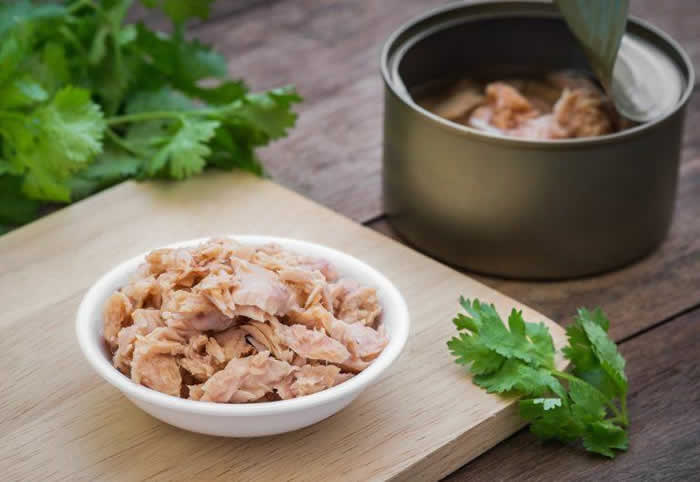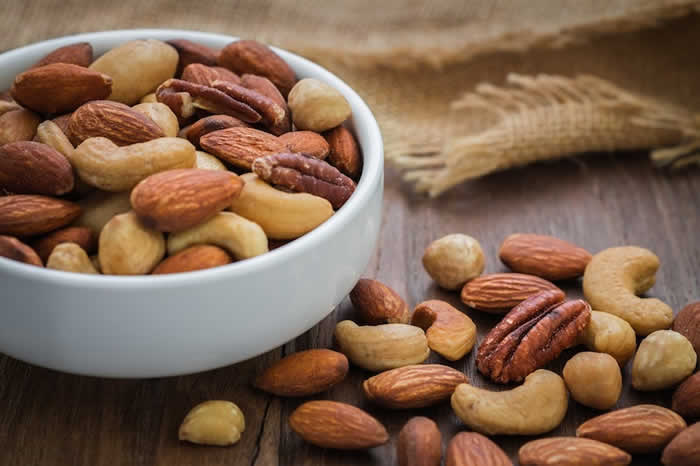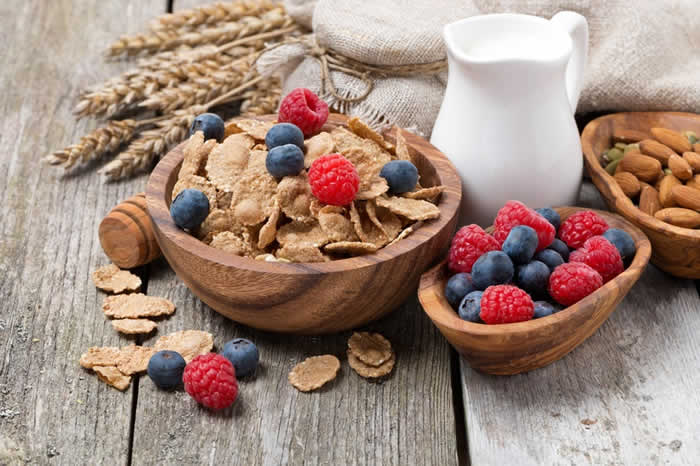The Best Foods You Can Eat to Prevent Heart Disease

Though diet isn’t the only contributor to heart disease, many people continuously eat the wrong foods without making the switch to healthier alternatives. Heart disease is the leading cause of death in the United States, and the CDC warns major risk factors include poor diet, overweight and obesity, and diabetes. You don’t have to quit all “bad” foods right away. You can, however, start incorporating healthier foods into your meals and snacks.
[contentblock id=1 img=adsense.png]
Here’s what you should start eating more of every day.
Chicken, turkey, and (occasional) lean red meat
Eating too much red meat doesn’t just increase your heart disease risk, warns The New York Times. You’re also at risk for developing diabetes, kidney disease, and infections. Choosing sources of lean meat whenever possible helps protect your heart from harm. Turkey, chicken, and lean beef and pork are safe to eat in smaller amounts. One of the best things you can do for your health is make sources of animal protein a part of your diet, but not the majority of your daily calories.
Read More: 7 Healthy foods You Should Be Eating for Breakfast
Fish and seafood
When choosing healthy foods, don’t forget about ocean-dwellers. According to The Nutrition Source, fish contain omega-3 fatty acids, which can significantly reduce your heart disease risk. Your heart can really benefit from eating fish several times per week. Albacore tuna, wild Alaskan salmon, oysters, and sardines are among the healthiest fish you can eat. If you enjoy shellfish, crab, lobster, and shrimp also provide benefits for heart health.
Nuts and seeds
Nuts and seeds aren’t always the best snacks if you eat too many of them, you can end up significantly increasing your calorie intake. However, you can use both these add-ins to increase your intake of fiber, healthy fats, and protein as you enjoy other healthy foods. You can add seeds to oatmeal, homemade smoothies, and salads. If you’re looking for a creative way to make your favorite desserts heart-healthy, try adding nuts.
[contentblock id=2 img=adsense.png]
Whole grains
It’s time to ditch the white bread, instant oatmeal, and sugar-coated breakfast cereal. The American Heart Association says true whole grains everything from wheat to whole oats to amaranth and quinoa — can increase your fiber intake, improving your heart health. Be aware that just because a processed food is “made with whole grains” doesn’t mean it’s free of refined grains and added sugars. It’s best to start with your own grains and go from there.
Read More: 10 Foods Proven to Cure Your Headache ASAP
Fruits and vegetables
Are you eating enough produce? Fruits and vegetables promote heart health, improve digestion, and decrease your risk of developing certain cancers. Their high fiber content can reduce total blood cholesterol levels an important consideration when assessing your heart disease risk. When you fill up on fruits and vegetables instead of nutrition-deprived foods, you decrease your chances of eating too much salt, saturated fat, and added sugars.
Beans
According to Rodale’s Organic Life, beans provide fiber and protein to reduce hunger. The more you can control your appetite, the less likely you are to overeat and increase your disease risk. Replacing a few servings of red meat every week with beans also cuts some saturated fat from your diet. Thankfully, beans are easy to make and there’s a lot you can do with them. Start with plain beans and turn them into a side dish you’ll never forget.
[contentblock id=3 img=gcb.png]
Other habits that prevent heart disease
Eating right, maintaining a healthy weight, and limiting your alcohol intake all decrease your disease risk — but that’s not all. Here’s what Mayo Clinic recommends if you want to protect your heart in the long-term.











